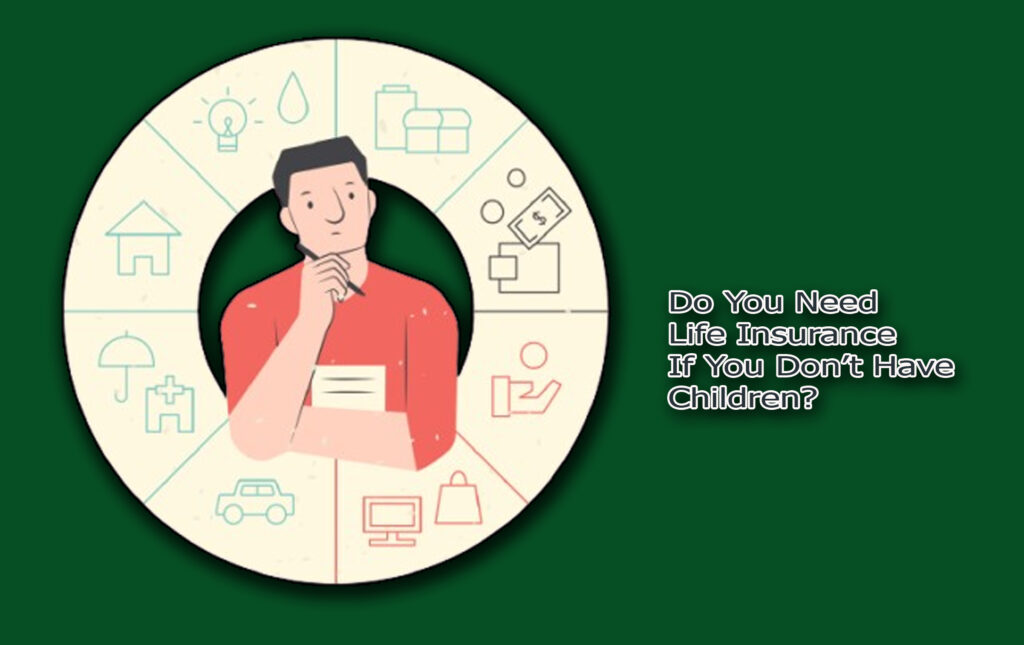Do I need life insurance if I don’t have children? Life insurance is often seen as essential for parents or those with dependents, but what if you don’t have children? Does it still hold value?

Surprisingly, life insurance can offer significant benefits even for individuals without kids, providing financial protection and peace of mind for a variety of unique circumstances.
Let’s explore why life insurance might still be a smart choice for you, even if you don’t have kids.
Do Single People Need Life Insurance?
Life insurance is often associated with dependents, but its value goes far beyond that. Even if you’re single, life insurance can be a practical and beneficial financial tool. Your need for coverage depends on your unique circumstances, future goals, and any responsibilities you care about.
While you may not have children or a spouse now, life situations can change. Buying a policy while you’re young and healthy can lock in lower premiums, ensuring future financial security for yourself and anyone who may depend on you later in life.
Do You Need Life Insurance If You Don’t Have Children?
Yes, life insurance can still be beneficial, even if you don’t have children. It can cover end-of-life expenses, pay off debts, support aging parents or dependents, and provide financial stability in unexpected situations.
Additionally, buying a policy early helps secure lower premiums and prepares you for any changes in your circumstances.
Reasons to Consider Life Insurance Even If You’re Single and Don’t Have Kids
Even if you’re single and don’t have children, it can still serve an important purpose. It’s not just about providing for dependents; it’s a versatile financial tool that can help you manage future responsibilities and protect those who matter most to you.
In the meantime, here are some reasons you should consider buying a policy even if you are single and don’t have children:
Covering End-of-Life Expenses
Funeral and burial costs can place a financial burden on your loved ones. So, a policy can cover these expenses, along with unpaid medical bills, ensuring your family isn’t left struggling.
Supporting Elderly Parents or Dependents
If you have aging parents or other relatives who rely on your income, your policy can provide financial support in your absence. This can help with their living expenses and cover any debts you leave behind.
Paying Off Debts
Unpaid loans, like mortgages, student debt, or credit card balances, can become the responsibility of co-signers or your estate. A life insurance policy ensures these obligations are settled without causing financial strain on your loved ones.
Leaving a Legacy
Life insurance allows you to leave a financial gift to relatives, close friends, or charitable organizations. This can reflect your values and create a lasting impact.
Providing Peace of Mind
It offers reassurance that financial responsibilities are covered, regardless of your life stage. It’s a proactive way to ensure your future financial stability.
Conclusion
Even if you’re single and without children, life insurance can be a valuable safety net. It addresses financial needs like covering end-of-life expenses, supporting dependents, and settling debts.
Beyond its practical benefits, life insurance provides peace of mind, allowing you to focus on the present while safeguarding your future.



